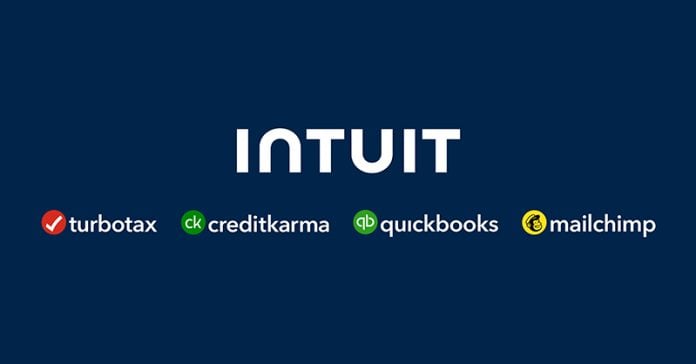Intuit Inc. has announced its first-quarter financial results for fiscal 2026, showcasing robust growth across its various business segments, which may have significant implications for small business owners. The financial technology giant, known for popular applications like TurboTax, QuickBooks, and Credit Karma, reported a total revenue of $3.9 billion—an impressive 18% increase compared to the previous year.
Sasan Goodarzi, Intuit’s CEO, highlighted the company’s commitment to its AI-driven expert platform strategy. "We delivered an exceptional first quarter as we continue to execute on our AI-driven expert platform strategy," he said. This focus on combining technology with human insight aims to enhance the financial success of consumers and small businesses alike.
The strong financial performance breaks down as follows:
-
Global Business Solutions: This segment’s revenue reached $3 billion, a growth of 18%, with the Online Ecosystem generating $2.4 billion—a remarkable 21% uptick. QuickBooks Online accounting saw a 25% growth, attributing its success to increased customer engagement and service pricing.
- Consumer Segment: Revenue from this area increased by 21%, totaling $894 million. Within this category, Credit Karma revenue surged by 27%, bolstered by rising demand for personal loans, credit cards, and auto insurance solutions.
For small business owners, the implications are manifold. The investment in technology-driven services—such as AI and comprehensive financial software—positions Intuit as a solid partner in streamlining operations and enhancing processes. With tools that offer everything from lead generation to cash management, these innovations could simplify several aspects of running a business.
However, while this growth is promising, small business owners should also consider potential challenges. Intuit’s financial stability relies on continuously evolving its offerings amid increasing competition and shifting market demands. With $6.1 billion in debt reported and potential risks associated with macroeconomic uncertainties, stakeholders need to weigh the benefits of leveraging Intuit’s suite of services against the risks tied to financial fluctuations and reliance on technology.
Intuit’s CFO, Sandeep Aujla, expressed confidence in the company’s ongoing growth, stating, "We are confident in delivering double-digit revenue growth and expanding margins this year." This foresight could offer small business owners a sense of security when considering investments in Intuit’s products.
Moreover, the company’s capital allocation strategy, including a quarterly dividend increase of 15%, may present an opportunity for small business owners to gauge Intuit’s financial health. With over $3.7 billion in cash and investments at its disposal, Intuit appears well-positioned to navigate potential economic headwinds while continuing to innovate and provide valuable solutions to small businesses.
As Intuit continues to expand its services for both consumers and small businesses, small business owners can expect a range of tools designed to improve financial management and customer engagement. However, it’s crucial to remain aware of both the benefits and challenges associated with adopting such platforms.
For a full breakdown of the financial results and insights from Intuit, you can visit the original release here.
Image Via Intuit



